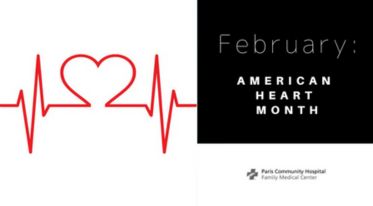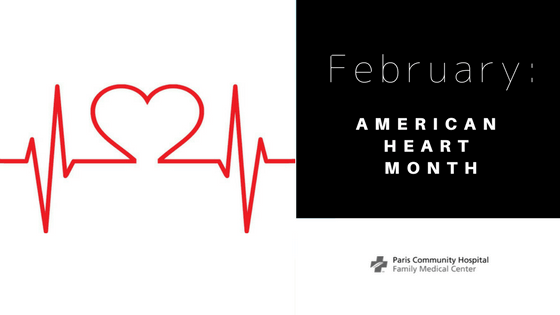American Heart Month: The Biggest Heart Health Risk Factors
- Category: Blogs, Cardiology
- Posted On:
- Written By: Horizon Health


Heart disease is the leading cause of death among Americans. Someone dies of heart disease every 37 seconds in the United States.
Heart disease has been the main killer of Americans for more than 80 years. Heart disease is the leading cause of death for African Americans, Hispanics, and Caucasians. For Native Americans and Pacific Islanders, only cancer causes more deaths than heart disease.
Here are the top risk factors for heart issues:
Family History
Your family history can’t be changed, but it is important to be aware of a history of heart issues early.
Look at your parents’ medical history first. After your parents, look at your siblings and both sets of grandparents. Did any of them die from a heart attack before the age of 55-65?
This is a good indication of a genetic risk factor for you, as well.
If you don’t have information on your family history, you can seek genetic testing for hereditary heart disease.
Smoking
As we all know, smoking is one of the leading causes of preventable death in the United States.
Smoking is responsible for up to 440,000 deaths each year, with smokers dying an average of 10 years earlier than non-smokers.
Cigarette smoking causes a number of conditions that contribute to heart issues, including fatty build-up in arteries (atherosclerosis) and chronic obstructive pulmonary disease (COPD). Smoking also decreases good cholesterol, makes exercising less tolerable and increases blood pressure.
High Blood Pressure
High blood pressure, also known as hypertension, is another leading cause of heart disease. Hypertension can place excess strain on veins and arteries and cause fats and cholesterol to build up in the coronary arteries that serve the heart.
Over time, this build-up hardens into plaque, which can block blood flow and eventually cause a heart attack.
If you’ve been diagnosed with high blood pressure, it’s important to consult with your doctor and develop a plan for lowering it.
High Cholesterol
Cholesterol, a waxy substance found in the lipids in your blood, is a necessary component of building healthy cells. Your body needs cholesterol to function normally.
However, high cholesterol is a leading contributor to heart disease.
It’s important to have your cholesterol regularly tested so you can adjust your diet or begin a medication regimen to control it.
Visit your doctor to learn more about your particular risk factors, and develop a care plan that will help you lessen your chances of developing heart disease.



